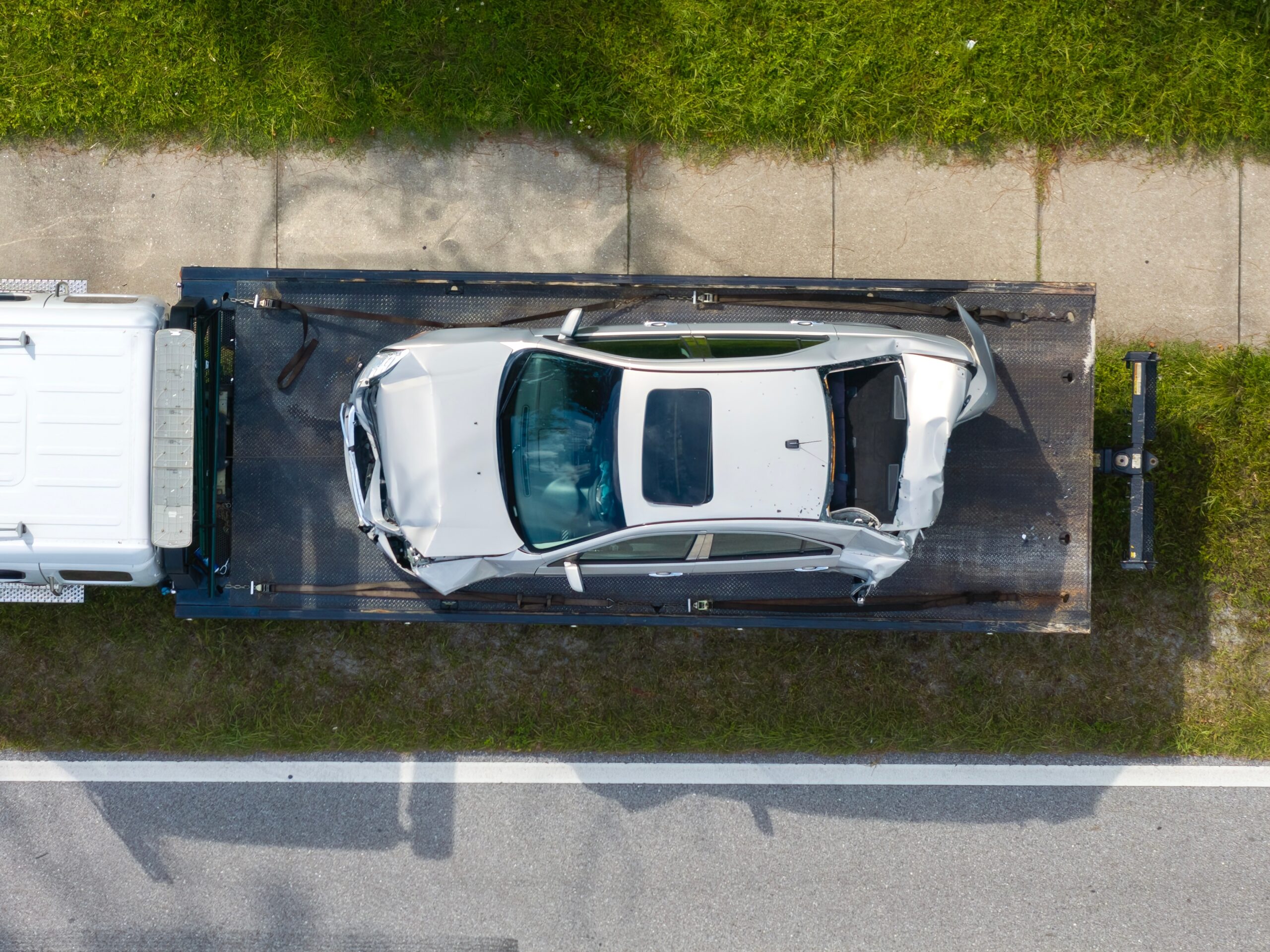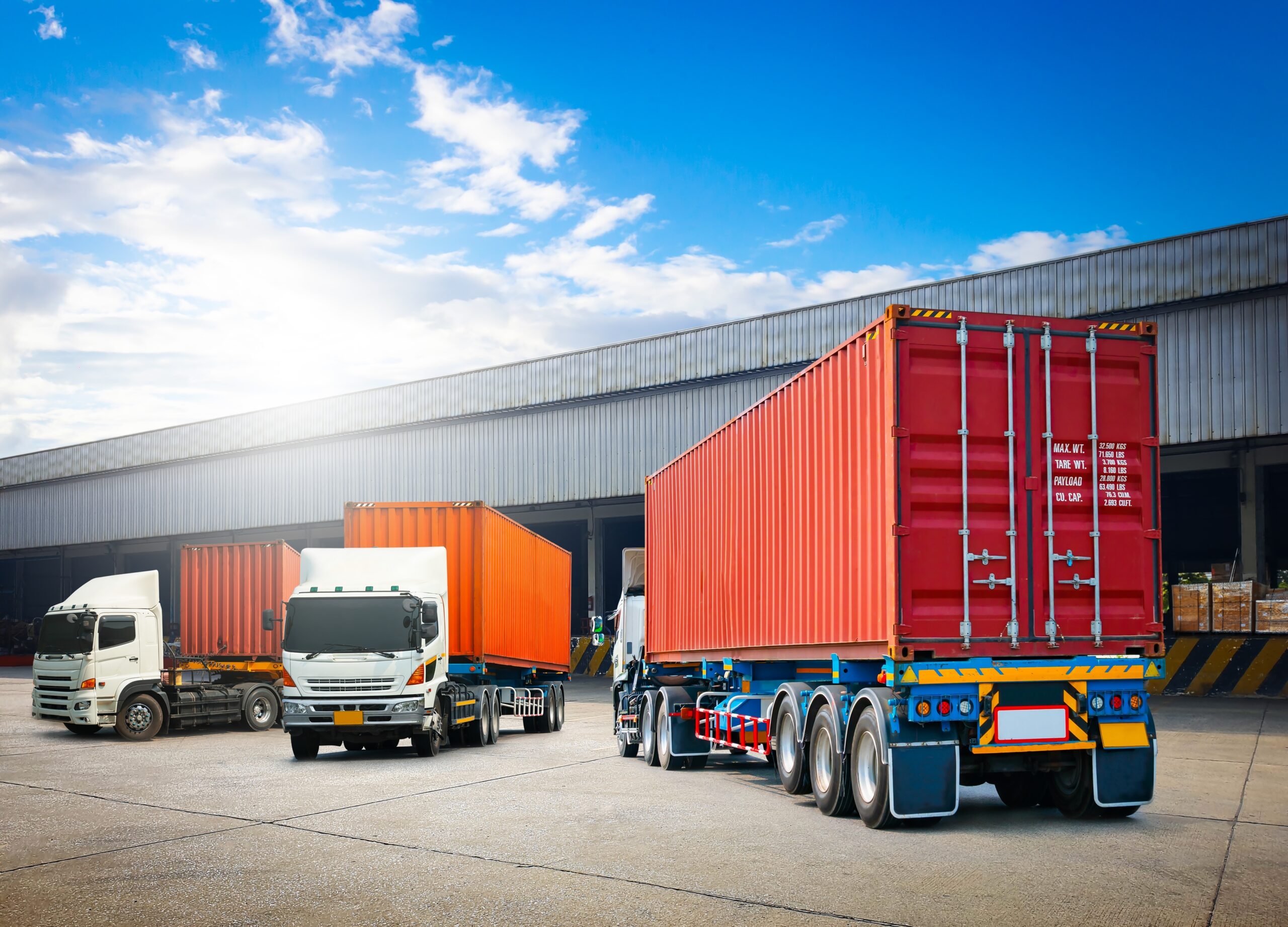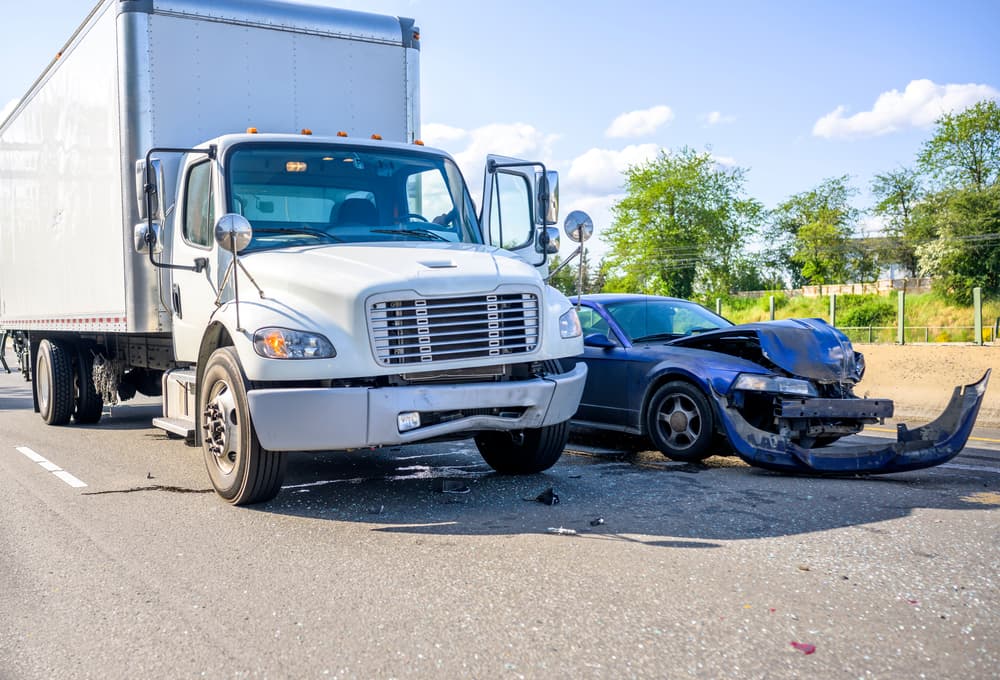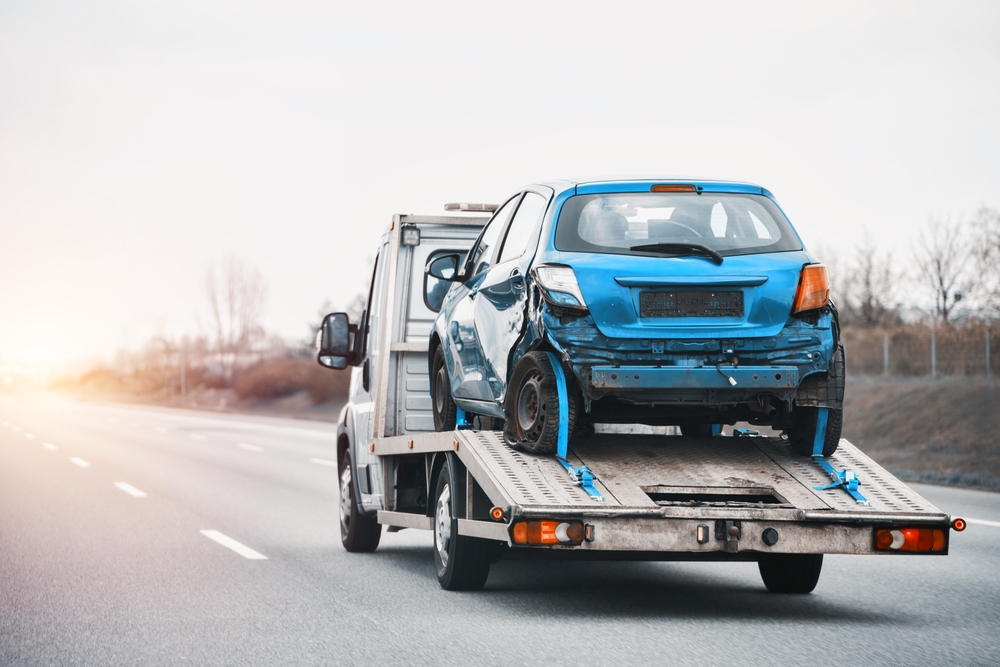
Tow truck accidents frequently happen when truck drivers and tow truck companies behave negligently. For example, a tow truck driver may speed or violate other rules of the road, or tow truck companies may fail to properly maintain their vehicles.
If you suffered injuries in a recent tow truck accident, you may be entitled to recover monetary compensation. A skilled tow truck accident lawyer in your area can determine your legal options and put you on course to recover the compensation and justice you deserve.
Tow Truck Accidents Guide
- Most Common Injuries in a Tow Truck Accident
- Proving the Legal Elements of a Tow Truck Accident
- How Can a Lawyer Help in a Tow Truck Accident Case?
- Available Compensation for Injuries in a Tow Truck Accident
- Contact an Experienced Tow Truck Accident Lawyer Right Away
Who Can Be Responsible for a Tow Truck Accident?
Tow truck accidents can often be the result of negligence by various parties. Understanding how the negligence of others can lead to such accidents is important for determining fault and seeking appropriate compensation for any injuries or damages.
- One major source of negligence can be other drivers on the road. If a driver is speeding, or driver is distracted by their phone, or driving under the influence, their reckless behavior can cause accidents involving tow trucks. For instance, a car swerving suddenly in front of a tow truck may force the truck driver to brake abruptly or make a dangerous maneuver, leading to a collision. In such cases, the negligent driver who caused the risky situation would be at fault for the accident.
- Another potential source of negligence is the towing company itself. Companies are responsible for ensuring that their vehicles are in good working order and that their drivers are well-trained. If a tow truck is not properly maintained — perhaps it has faulty brakes or worn-out tires — the company can be held responsible if these issues lead to an accident. In addition, if the company fails to provide adequate training for its drivers, leading to poor handling of the vehicle in an emergency, the company’s negligence is a significant factor in the accident.
- Tow truck manufacturers or the producers of specific truck parts can also be liable. If a tow truck accident is the result of a mechanical failure due to a manufacturing defect, such as a faulty brake system or steering mechanism, the manufacturer’s negligence in producing a safe product is to blame. In such cases, proving that the defect directly caused the accident is crucial.
- Sometimes, the negligence of the vehicle owner being towed can also contribute to an accident. If the owner improperly secures their vehicle to the tow truck, and this results in the vehicle coming loose and causing an accident, the owner can be partially at fault. However, the primary responsibility usually lies with the tow truck driver or company to ensure that the towed vehicle is safely and securely attached.
- Finally, environmental factors, like poorly maintained roads or inadequate signage, can play a role. If a government or local authority fails to maintain safe road conditions, they can be partially responsible for accidents resulting from those hazards.
Most Common Injuries in a Tow Truck Accident
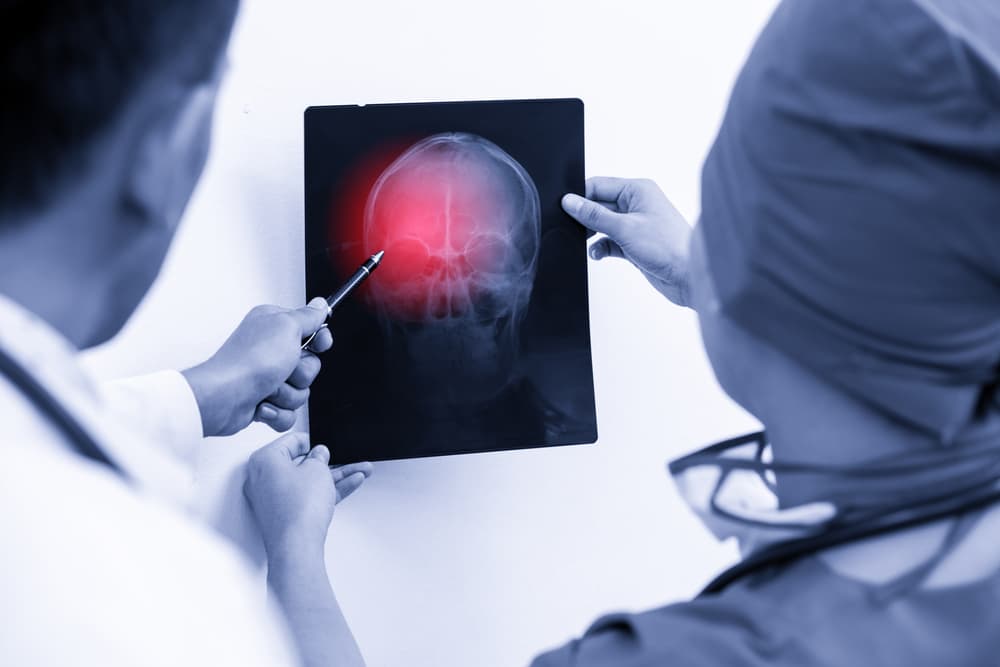
Tow truck accidents can lead to severe injuries due to the size and weight of these vehicles. The injuries victims may suffer can range from minor to life-threatening.
One of the most common injuries in tow truck accidents is whiplash. This occurs when the neck suddenly jolts back and forth, causing strain or sprain to the neck muscles and ligaments. Symptoms of whiplash include neck pain, stiffness, and headaches. This injury may seem minor at first but can lead to long-term discomfort and require extensive physical therapy.
Head injuries are also prevalent in tow truck accidents. Victims may suffer from concussions or traumatic brain injuries (TBI) due to the impact. A concussion is a form of TBI that can cause headaches, confusion, and memory problems. More severe TBIs can result in long-term cognitive impairment, emotional changes, and physical disabilities. Immediate medical evaluation is crucial for any head injury to prevent further complications.
Spinal cord injuries are another serious consequence. These injuries can lead to partial or complete paralysis, depending on the severity and location of the injury. Even less severe spinal injuries can cause chronic pain and limited mobility, significantly affecting a victim’s quality of life. Rehabilitation and physical therapy are often required for recovery.

Broken bones are also common due to the force of the collision. Victims can suffer fractures in their arms, legs, ribs, or pelvis. These injuries can be extremely painful and may require surgery, casts, and lengthy recovery periods. Multiple fractures can complicate recovery and increase the risk of long-term disabilities.
Internal injuries are also a significant concern. The force associated with a tow truck accident can cause damage to internal organs such as the liver, spleen, or lungs. These injuries may not be immediately apparent but can be life-threatening if not promptly treated. Symptoms like abdominal pain, dizziness, or shortness of breath require urgent medical attention.
Finally, soft tissue injuries, including bruises, cuts, and lacerations, are common. While these may seem minor compared to other injuries, they can still cause significant pain and require medical treatment to prevent infection and ensure proper healing.
Proving the Legal Elements of a Tow Truck Accident
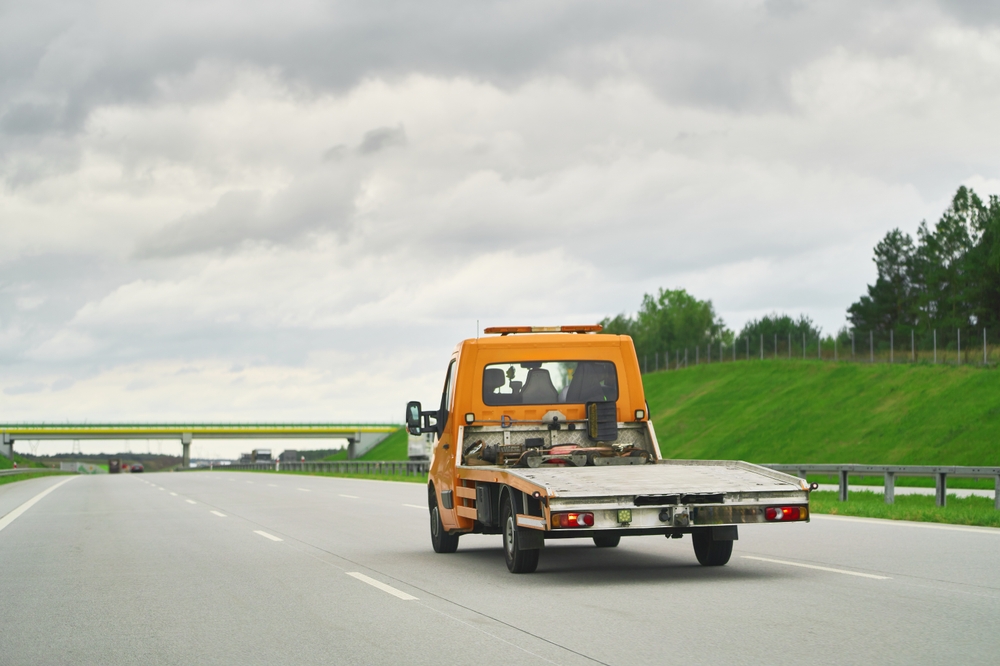
Proving the legal elements of a tow truck accident involves establishing who is at fault and demonstrating that their actions caused the accident and resulting injuries. This process requires collecting evidence, understanding relevant laws, and often working with legal professionals. The key elements that are necessary to prove in a tow truck accident case are as follows:
- Duty of Care — The first element is establishing that the at-fault party (defendant) owed a duty of care to the injured victim (plaintiff). This means showing that the tow truck driver or the company had a legal obligation to act in a reasonably safe manner. Tow truck drivers are expected to follow traffic laws, drive safely, and ensure that their vehicles are well-maintained. Similarly, towing companies must properly train their drivers and maintain their trucks to prevent accidents.
- Breach of Duty — Next, the plaintiff must prove that the at-fault defendant breached this duty of care. A breach occurs when the driver or company fails to meet the expected standard of care. Examples include driving recklessly, failing to secure a towed vehicle properly, or neglecting necessary vehicle maintenance. Evidence such as traffic camera footage, witness statements, and maintenance records can help establish a breach of duty.
- Causation — The third element is causation, which involves proving that the breach of duty directly caused the accident and the plaintiff’s injuries. This can be challenging, as it requires a clear connection between the defendant’s actions and the resulting harm. For instance, if a tow truck driver was speeding and caused a collision, the plaintiff must show that the speeding was the direct cause of the accident. Accident reconstruction experts and medical records can be crucial in establishing causation.
- Damages — Damages can include medical expenses, lost income, property damage, and pain and suffering. Documentation such as medical bills, pay stubs, and repair invoices can help demonstrate the extent of these damages. Additionally, testimony from medical professionals and economic experts can provide further evidence of the repercussions on the plaintiff’s life.
How Can a Lawyer Help in a Tow Truck Accident Case?
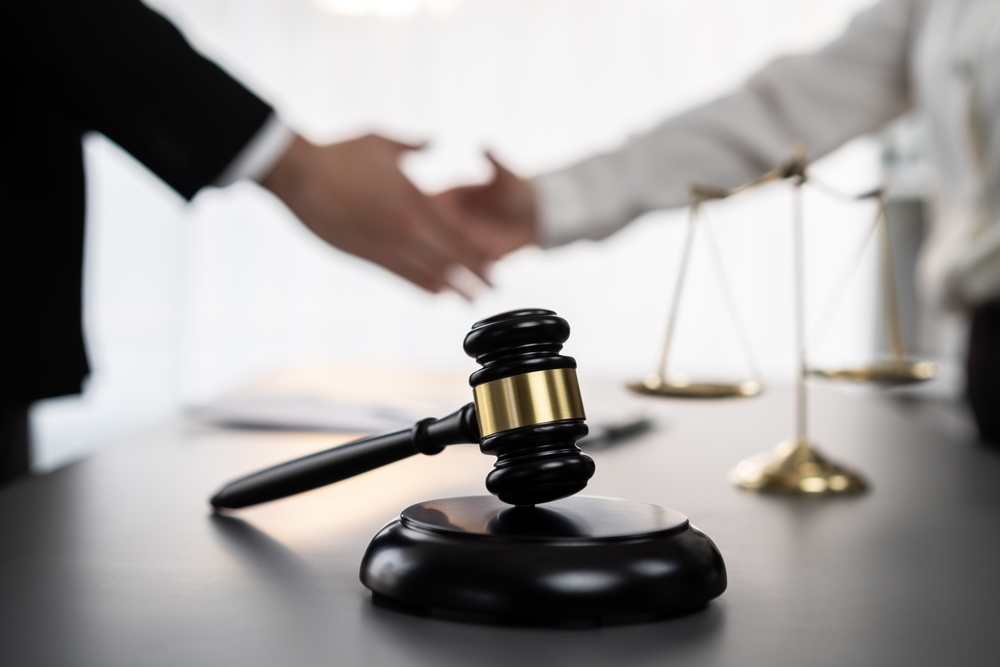
A lawyer can be significantly valuable in a tow truck accident case. They bring knowledge, experience, and resources to help victims navigate the complex legal process and seek fair compensation for their injuries and damages.
- Legal Knowledge — First, a lawyer understands the specific laws and regulations that apply to tow truck accidents. These cases can be more complex than regular car accidents due to the involvement of commercial vehicles and multiple potential parties, such as the tow truck driver, towing company, and vehicle manufacturer. A lawyer can identify which laws are relevant and how they affect the case.
- Investigation — A lawyer can conduct a thorough investigation of the accident. This includes gathering evidence like police reports, witness statements, traffic camera footage, and maintenance records of the tow truck. Lawyers often work with accident reconstruction experts who can recreate the scene to determine how the accident happened and who was at fault. This detailed investigation is crucial for building a strong case.
- Proving Liability — One of the key roles of a lawyer is to prove liability, which means showing that another party’s negligence caused the accident. This involves demonstrating that the defendant owed a duty of care, breached that duty, and caused the plaintiff’s injuries. Lawyers have the skills to gather and present evidence effectively, making a compelling argument for their clients.
- Negotiating with Insurance Companies — Insurance companies often try to minimize payouts or deny claims altogether. A lawyer can negotiate with insurance companies on behalf of the victim to ensure they receive a fair settlement. Lawyers know the tactics insurers use and can counter them with strong legal arguments and evidence. If necessary, they can take the case to court to fight for their client’s rights.
- Calculating Damages — A lawyer helps calculate the full extent of the damages. This includes not only immediate medical expenses and property damage but also long-term costs like ongoing medical treatment, lost income, and pain and suffering. Lawyers can work with medical and economic experts to accurately assess these damages and ensure the victim seeks appropriate compensation.
- Offering Support and Guidance — Finally, a lawyer offers support and guidance throughout the legal process. They handle the legal complexities, allowing the victim to focus on recovery. They also keep the victim informed about the progress of the case and provide advice on the best course of action.
The involvement of an experienced tow truck accident lawyer significantly increases your chances of obtaining fair compensation in your case.
Available Compensation for Injuries in a Tow Truck Accident
In the aftermath of a tow truck accident, victims may be entitled to compensation for various losses, such as:
- Medical Expenses — One of the most immediate and significant losses is medical expenses. This includes costs for emergency room visits, surgeries, hospital stays, doctor consultations, medications, physical therapy, and any necessary medical equipment like wheelchairs or braces. It also covers future medical expenses if ongoing treatment or long-term care is required due to the injuries sustained in the accident.
- Lost Earnings — If the injuries from the accident prevent the victim from working, they can seek compensation for lost income. This includes the income they would have earned during the time they were unable to work. Besides that, if the injuries result in a long-term or permanent disability that affects the victim’s ability to earn a living, they may be entitled to compensation for loss of future earning capacity.
- Pain and Suffering — Pain and suffering compensation addresses the physical pain and emotional distress the victim experienced as a result of the accident. This is more subjective than medical expenses and lost income, but it is an essential part of the compensation package. Factors considered include the severity of the injuries, the effects on the victim’s daily life, and the psychological trauma endured.
- Property Damage — Victims can also claim compensation for property damage. This typically involves the cost of repairing or replacing the vehicle that was involved in the accident. If personal belongings inside the vehicle, such as electronics or other valuables, were damaged, compensation can also include the cost of replacing these items.
- Loss of Consortium — In cases where the injuries significantly affect the victim’s relationship with their spouse or family, compensation for loss of consortium may be available. This covers the loss of companionship, affection, and support that the injured person can no longer provide to their loved ones due to their injuries.
- Punitive Damages — In some cases, the court may award punitive damages. These are not intended to compensate the victim but to punish the defendant for particularly reckless or egregious behavior and to deter similar conduct in the future. Punitive damages are less common and are typically awarded at the court’s discretion.
Contact an Experienced Tow Truck Accident Lawyer Right Away

If you recently sustained injuries in a tow truck accident, you need to seek legal help right away. A knowledgeable personal injury lawyer can handle your case for you, negotiate with insurance company representatives, or pursue the fair litigation result you deserve in court.
